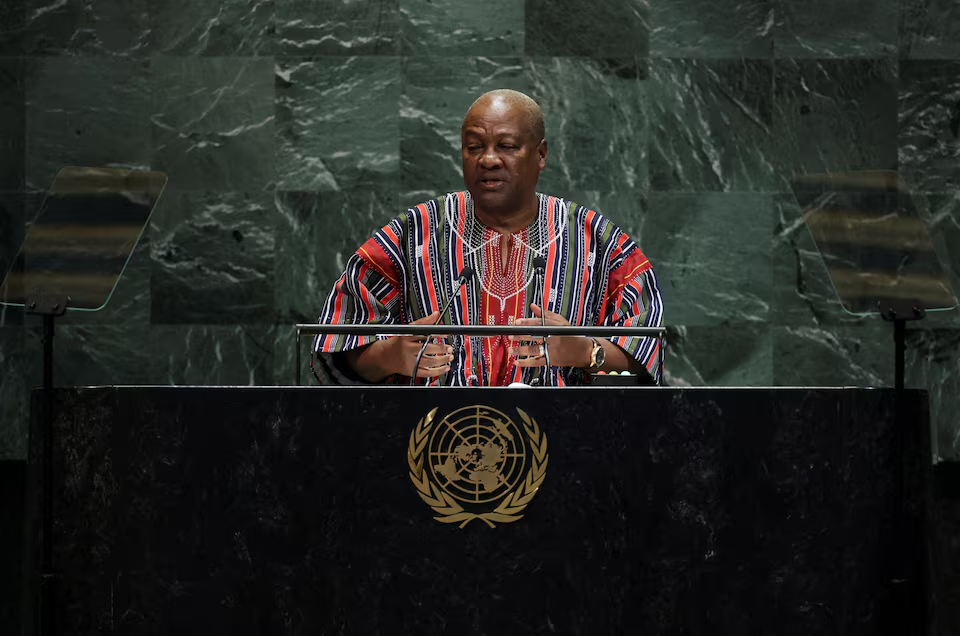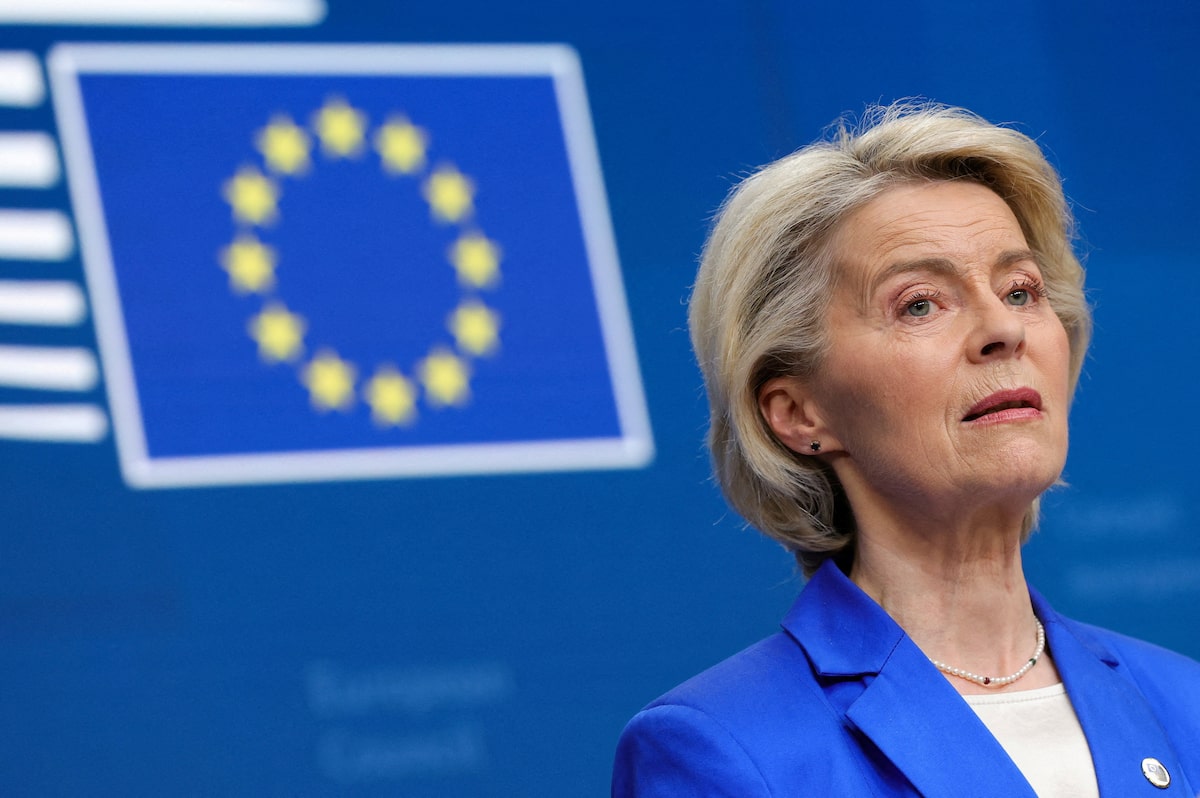Latvia’s parliament has postponed a vote on withdrawing from a landmark European treaty aimed at preventing violence against women, following weeks of political tension and public protests over the move.
Lawmakers agreed on Wednesday to delay the final vote on quitting the Istanbul Convention, the Council of Europe’s 2011 treaty that defines violence against women as a human-rights violation, until after the country’s October 2026 parliamentary election.
The decision followed an appeal by President Edgars Rinkēvičs, who refused to sign the earlier withdrawal measure passed on October 30. Parliament could still approve the exit with another vote, but members chose to defer the issue, citing the need for broader public debate.
Read Also: Guinea Polls: General Mamadi Doumbouya Runs For Presidency
Prime Minister Evika Siliņa, who opposes leaving the treaty, called the delay “a victory of democracy, rule of law, and women’s rights.”
“It is a victory of the Latvian people,” Siliņa wrote on X, formerly Twitter. “Latvia is a reliable partner and ally, and remains committed to European values.”
Thousands of demonstrators rallied in Riga last week urging lawmakers to remain in the convention, which commits signatories to prevent, prosecute, and eliminate violence against women and domestic abuse.
The initial vote to quit the Istanbul Convention was backed by several opposition parties and a conservative member of the ruling coalition. Critics of the treaty object to its definition of gender as a social construct and argue that Latvia’s existing domestic laws already protect women from violence.
Supporters counter that leaving the convention would undermine Latvia’s international credibility and send the wrong message about women’s rights at a time when gender-based violence remains a concern across Europe.
Latvia ratified the Istanbul Convention in 2021, joining more than 30 European countries bound by the accord. Several Eastern European nations, including Bulgaria, Hungary, and Slovakia, have refused to ratify it, citing similar objections over gender terminology.
The treaty has become a flashpoint in cultural and political debates across the region, with proponents viewing it as essential to safeguarding women and opponents framing it as an overreach into national law.










